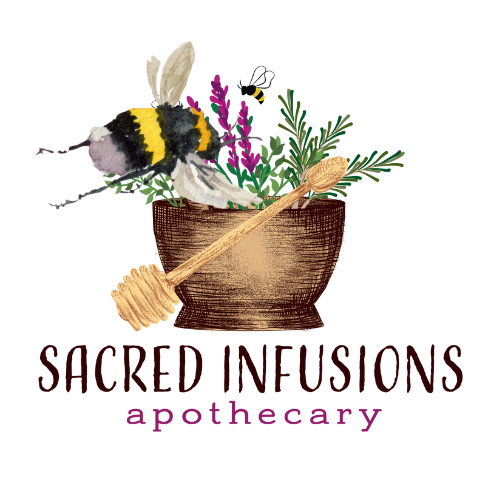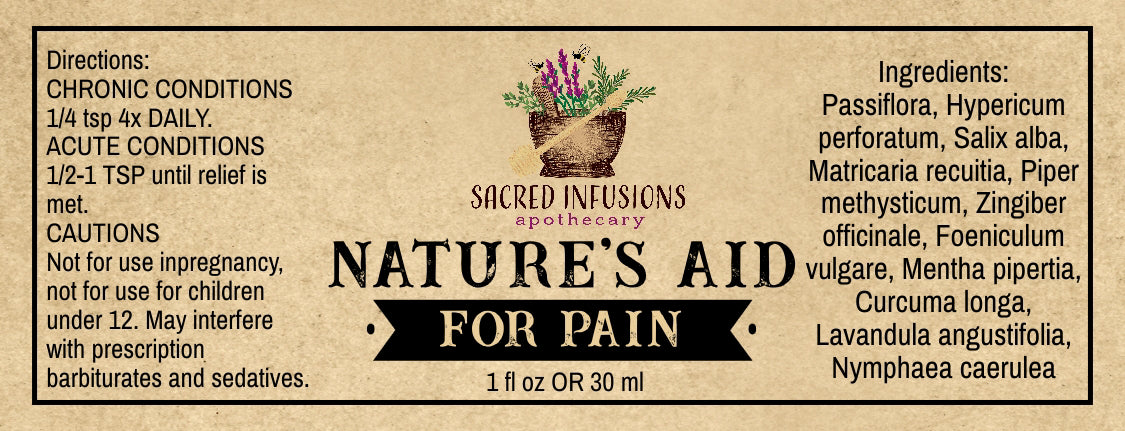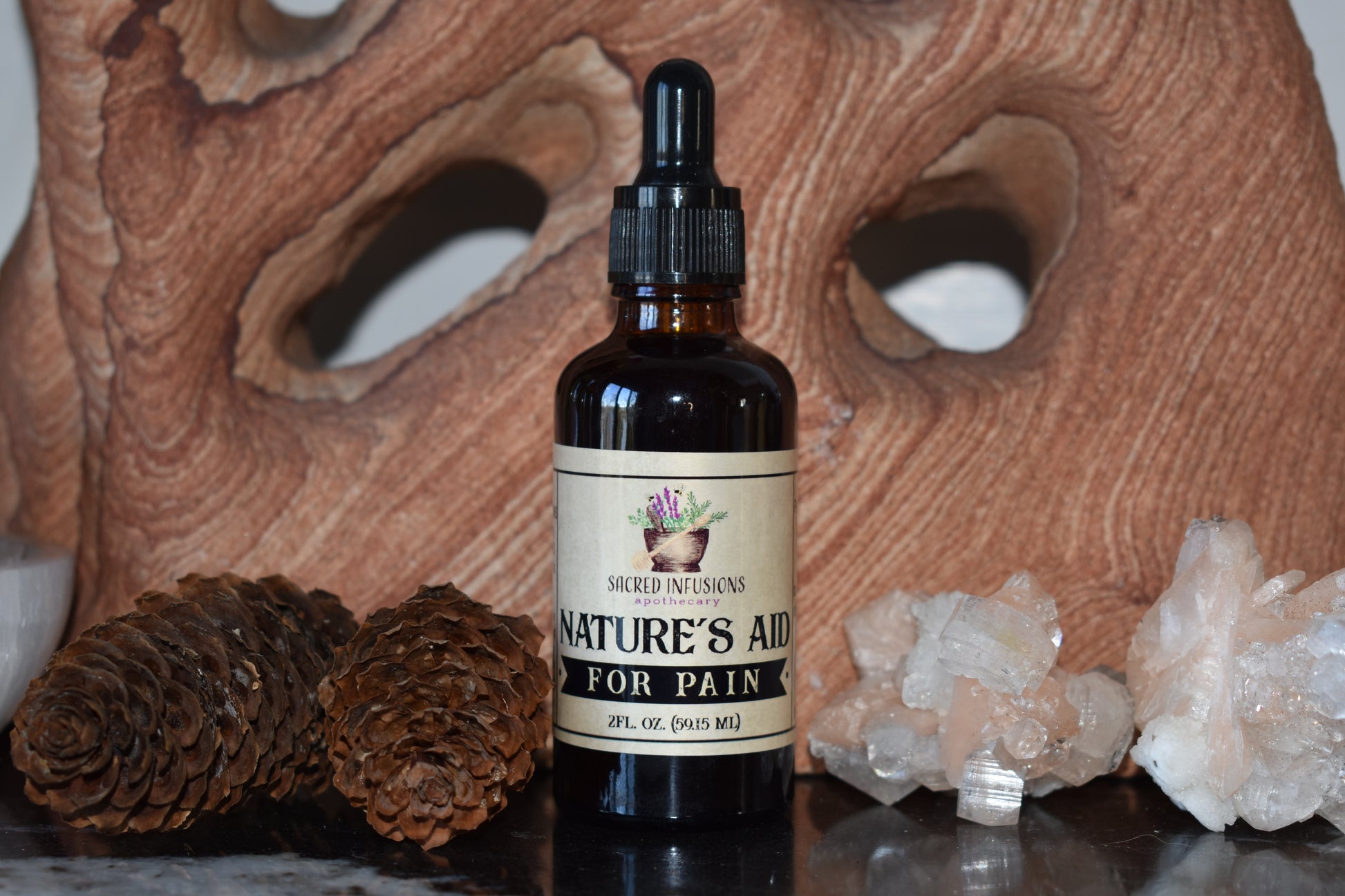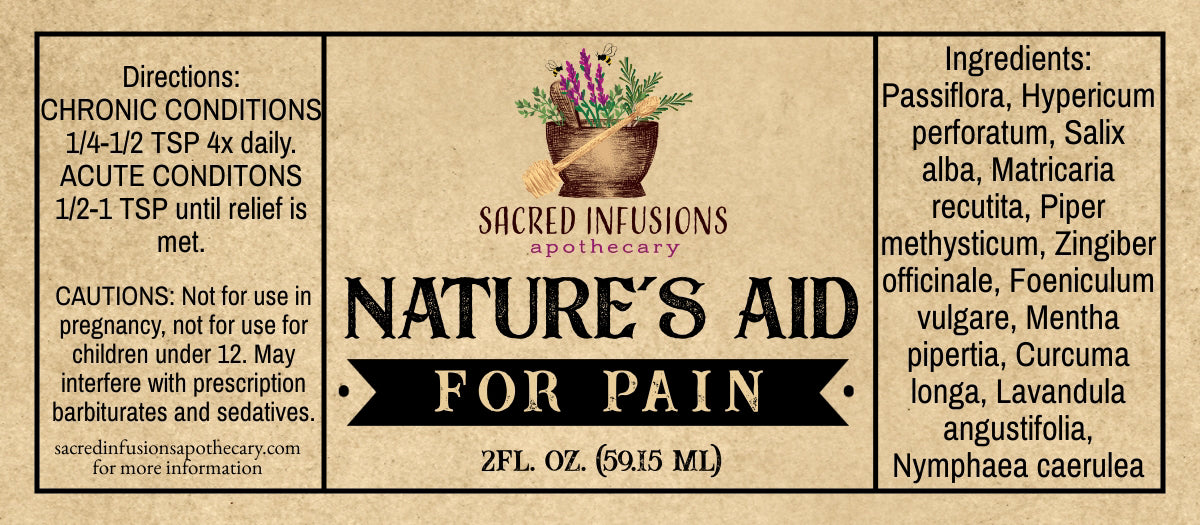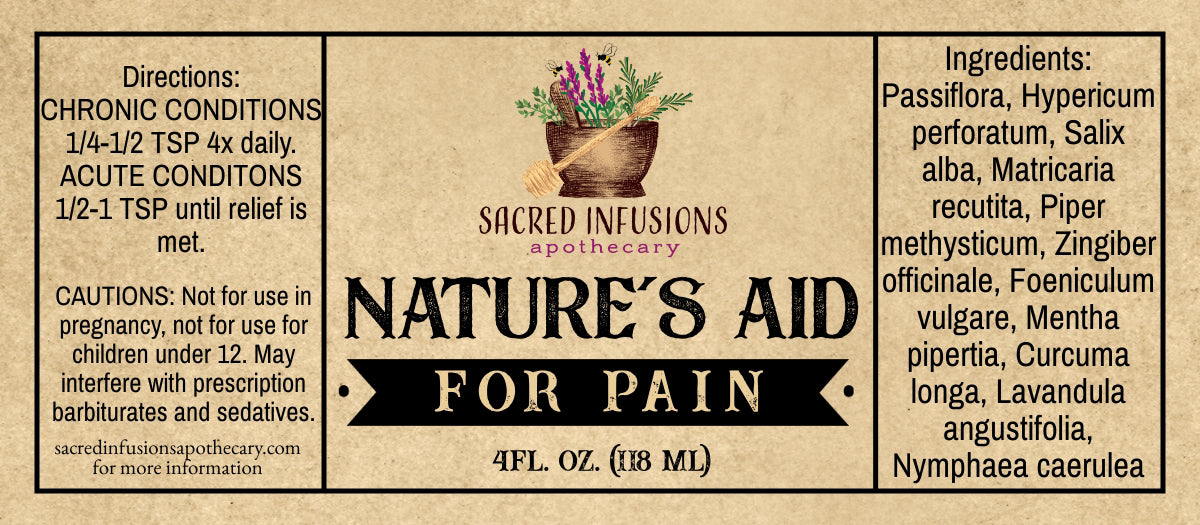Sacred Infusions Apothecary
Natures Aid Pain Tincture
Natures Aid Pain Tincture
Couldn't load pickup availability
Share
- sustainably sourced
- analgesic
- herbalist formulated
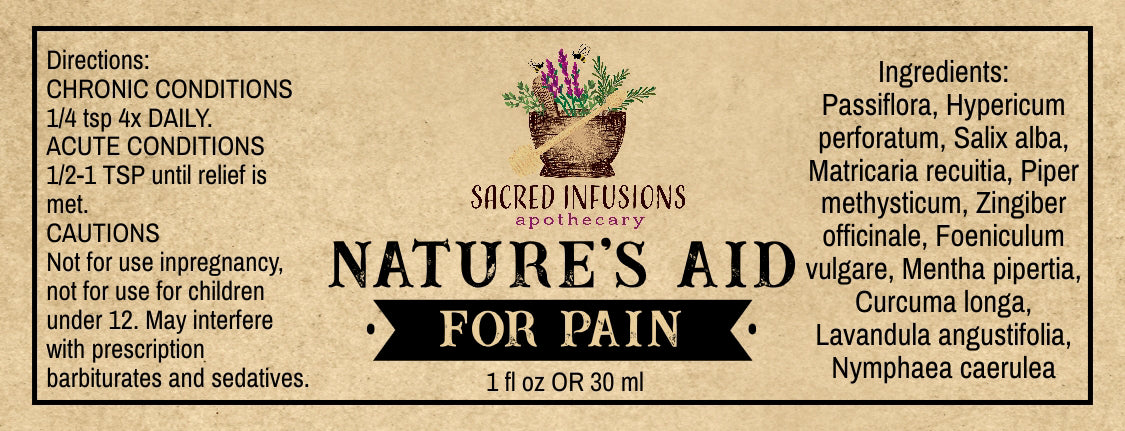
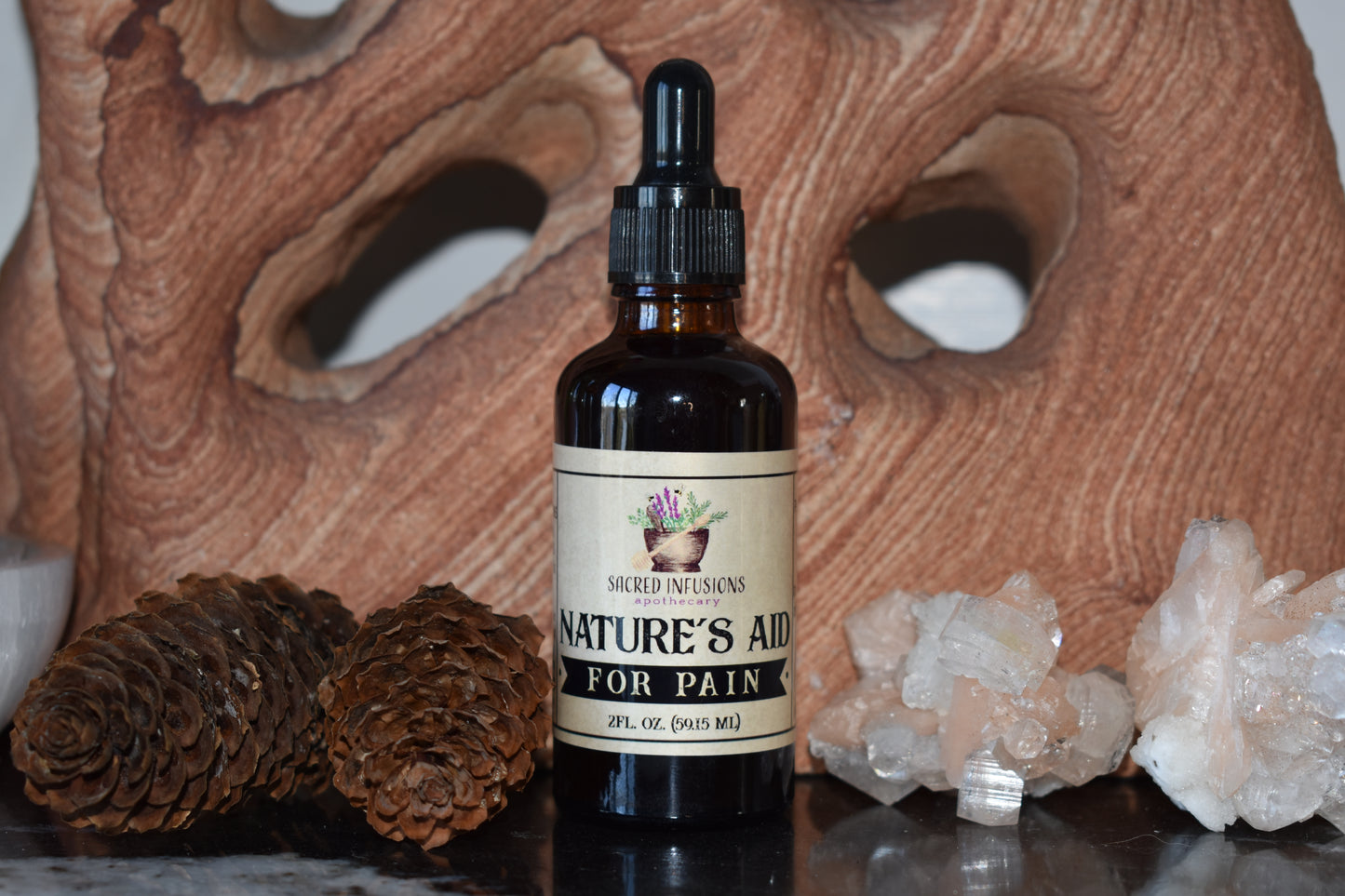
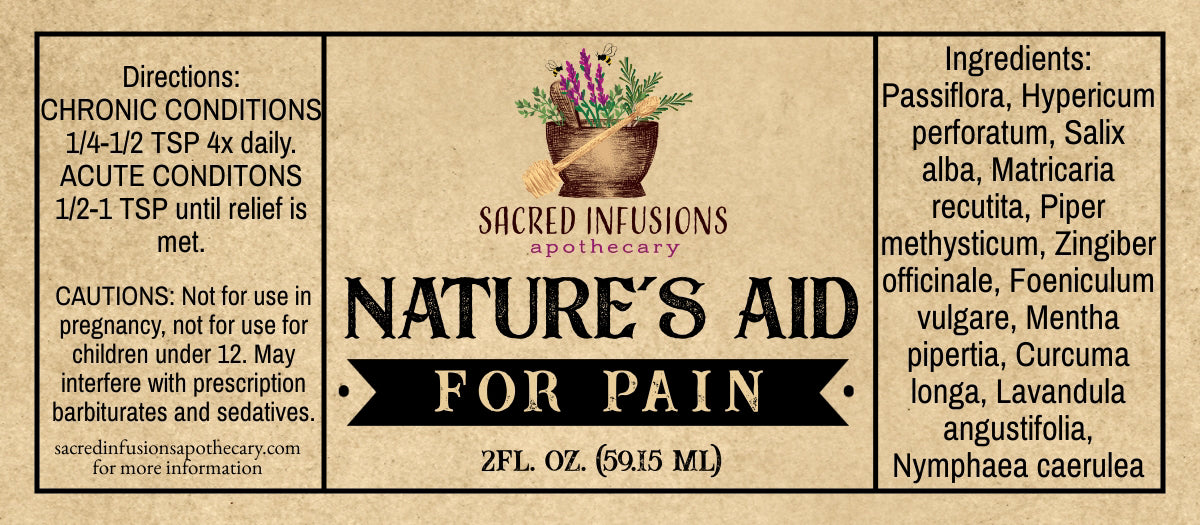
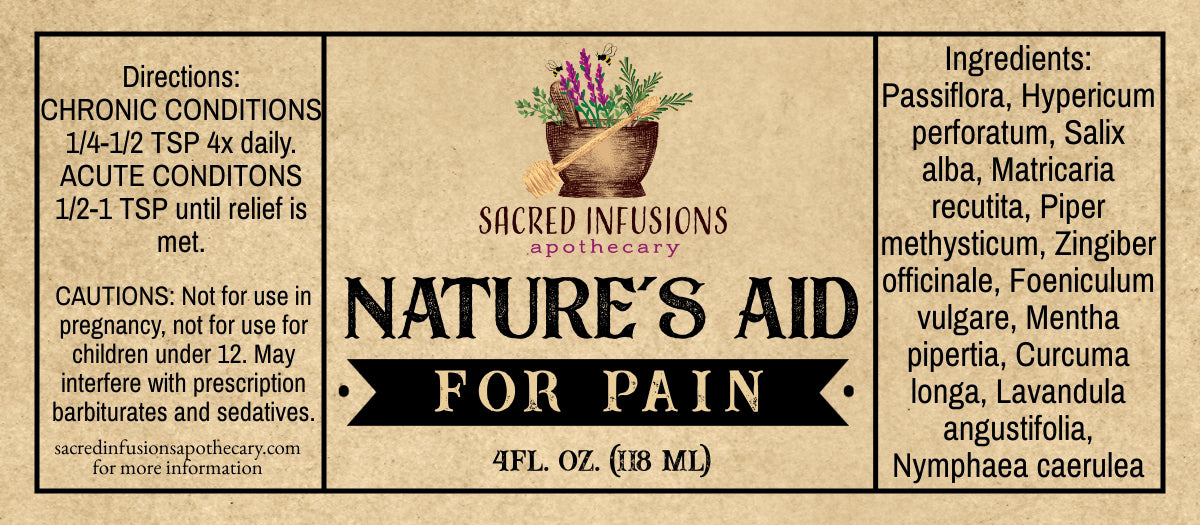
Nature's Aid Pain Tincture
-
Ingredients
Passionflower (Passiflora,) St. John's Wort (Hypericum perforatum,) White Willow Bark (salix alba,) Chamomile (Matricaria recutita,) Kava root (Piper methysticum,) Ginger (Zingiber officinale,) Fennel (Foeniculum vulgare,) Peppermint (Mentha piperita,) Turmeric (Curcuma longa,) Lavender (Lavandula angustifolia), Certified Gluten Free Vodka 6x distilled.
-
Suggested Dosage
ADULTS
Chronic Ailments: 1/4 tsp - 1/2 tsp 4x daily
Acute Ailments: 1/2 tsp as needed
Not intended for children under the age of 12. -
Contraindications
Not intended for children under 12.
Not for use in pregnancy.
Caution during the use of barbiturates and other sedative drugs, as some of these herbs listed above have been shown to potentiate the effects of some sedatives. * anticoagulant medications
Surgery: stop the use of this product two weeks before surgery.
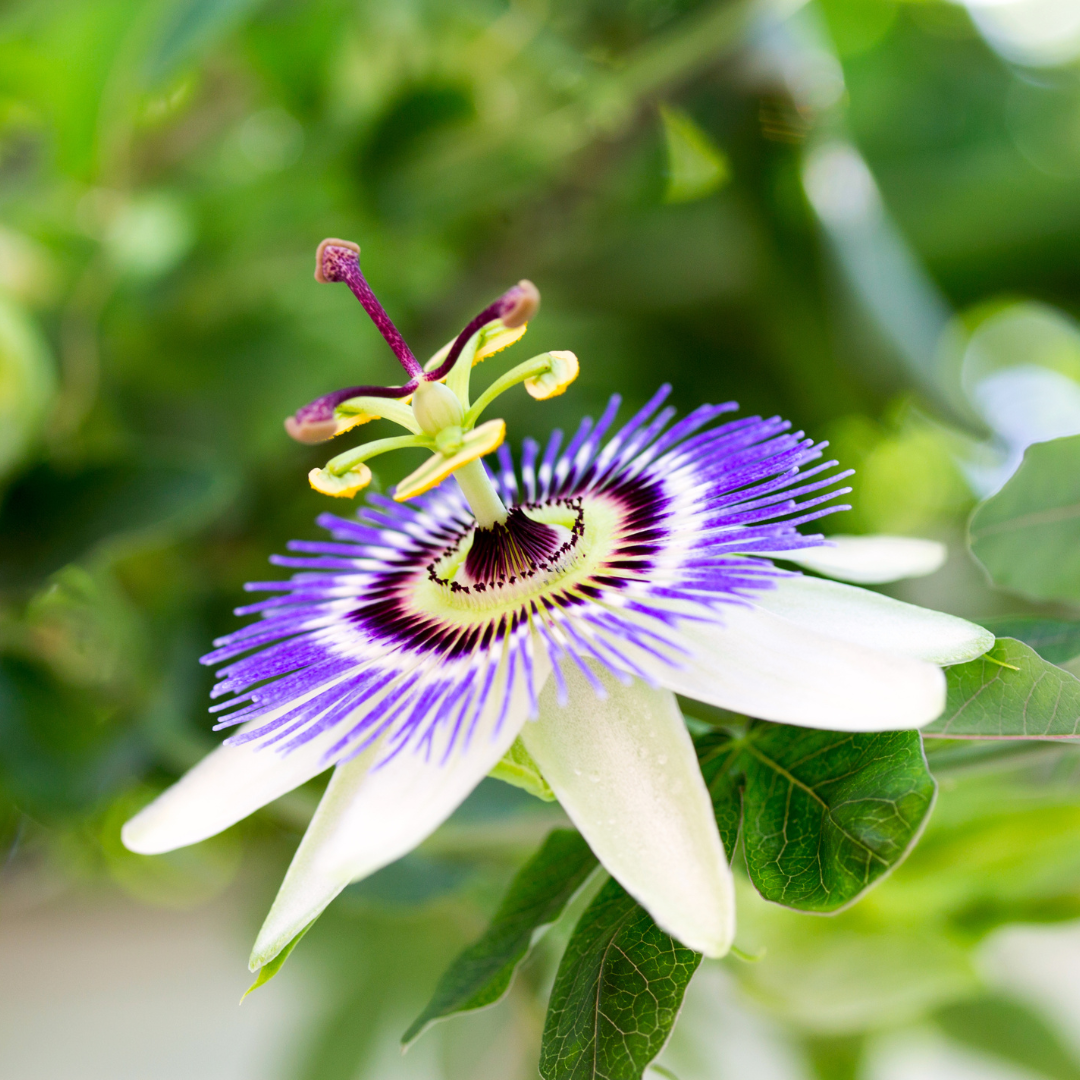
Passionflower (Passiflora)
the feel good flower
Passionflower is packed with flavonoids, alkaloids, and symbolism.
Passionflower is prized for its chemical constituents and the postive modulating effect it brings.
Did you know that passionflower was dispensed for insomnia, anxiety, and depression? In the 1800's The Eclectic Doctor's would prescribe passionflower for their patients suffering from insomnia, anxiety and depression.
Modern research shows us that passionflower has the ability to increase GABA in our brain. GABA calms the central nervous system, lowers blood pressure, and reduces muscles spasms.
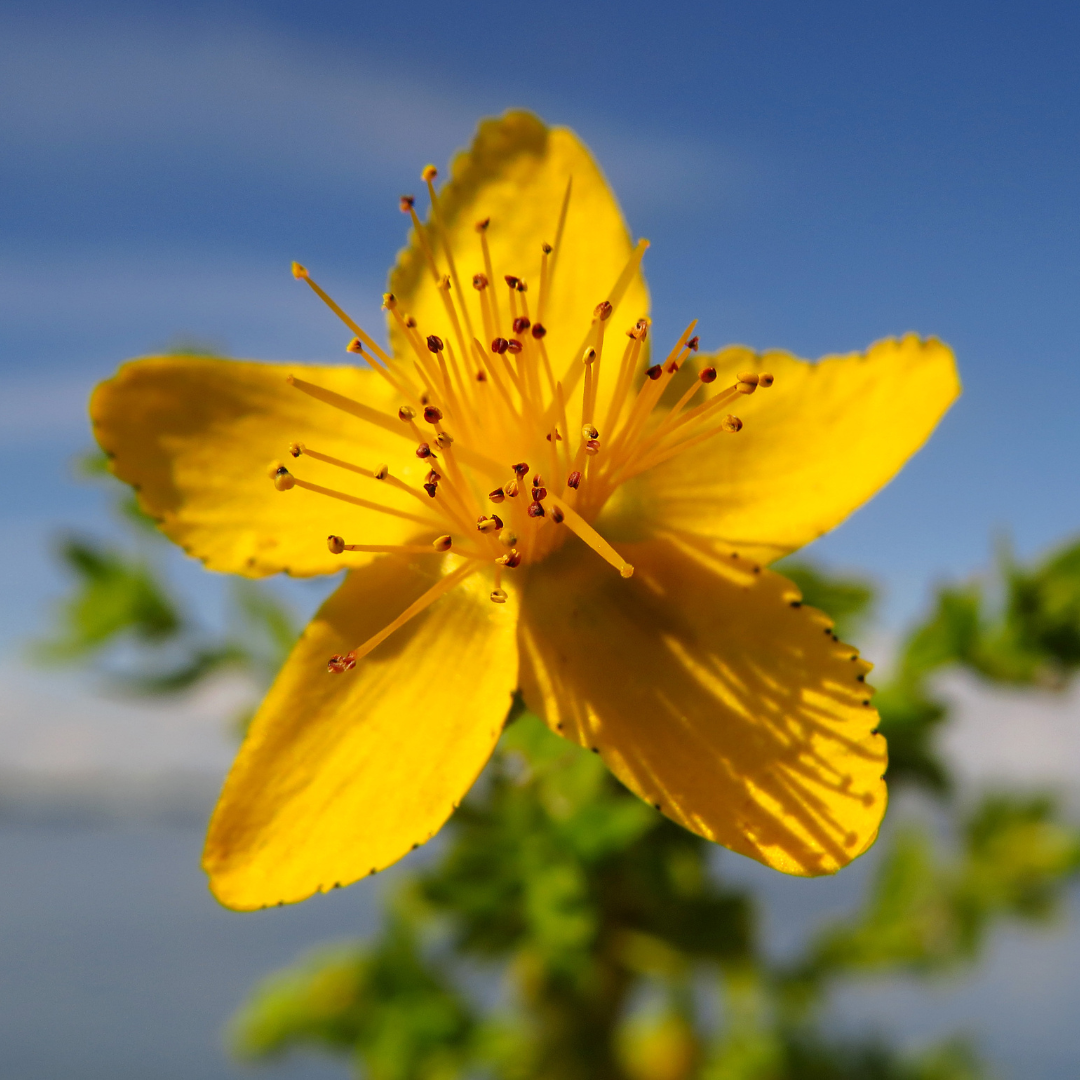
St. John's Wort (Hypericum perforatum)
over an apparition
The use of St. John's Wort dates back to Ancient Greece where they used St. John's Wort for nervous disorders.
Today, modern herbalists use St. John's Wort for its internal and external healing properties.
Taken internally, St. John's Wort may have the ability to soothe the nervous system and calm irritated nerves. The antispasmodic activity soothes overworked and cramped muscles.
St. John's Wort is often used in salves for external support. The anti-inflammatory and astringent properties may "speed up" the healing process of wounds, mild burns, bruises, and varicose veins.
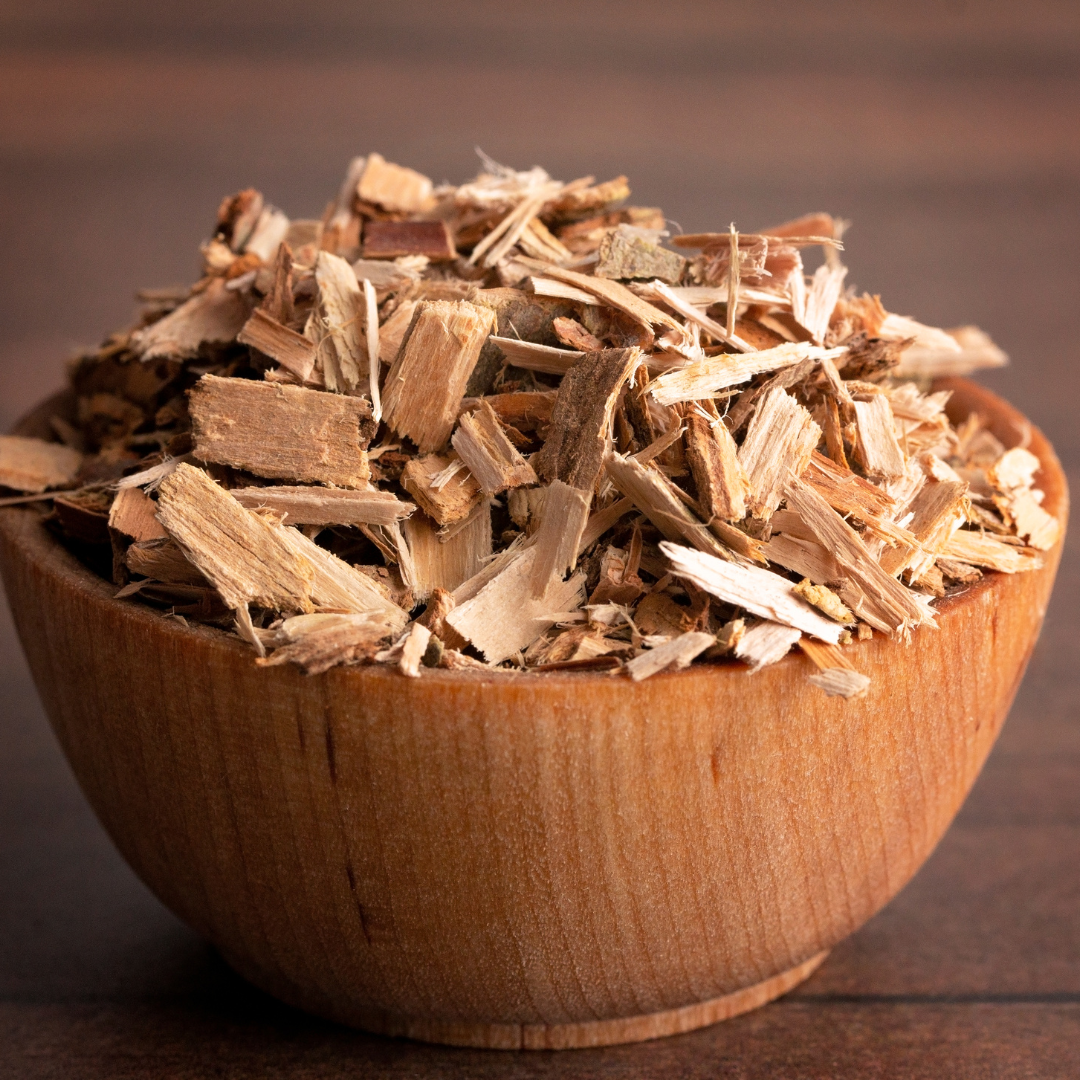
White Willow Bark (salix alba,)
nature's asprin
The use of this bark dates back 4,000 years where Sumerians documented its postive modulating effects on pain.
Salicylic acid is found in many plants including willow bark, and meadowsweet.
This constituent is responsible for its ability to modulate pain, without the side effects.
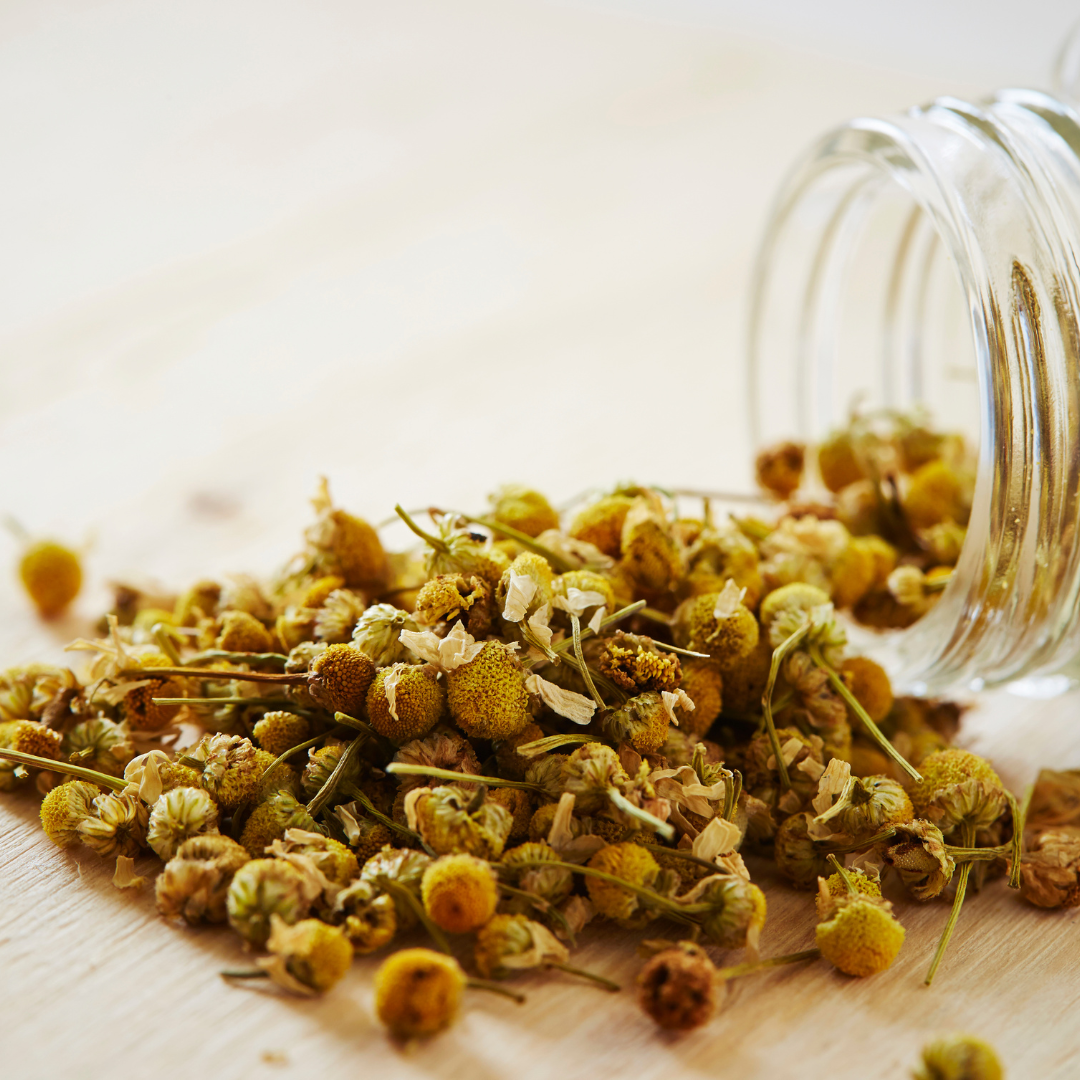
Chamomile (Matricaria recutita)
a mini but mighty
Chamomile has been a prized herb since Antiquity. This flower was once considered a gift from The Divine.
Everyone knows chamomile for its ability to bring on a sense of calm and ease irritated nerves. Did you know chamomile has positive modulating effects on the digestive system?
Chamomile may have the ability to modulate cramping and bloating. While soothing irritated tissues and irritated nerves from irregular bowel movements, such as IBS.
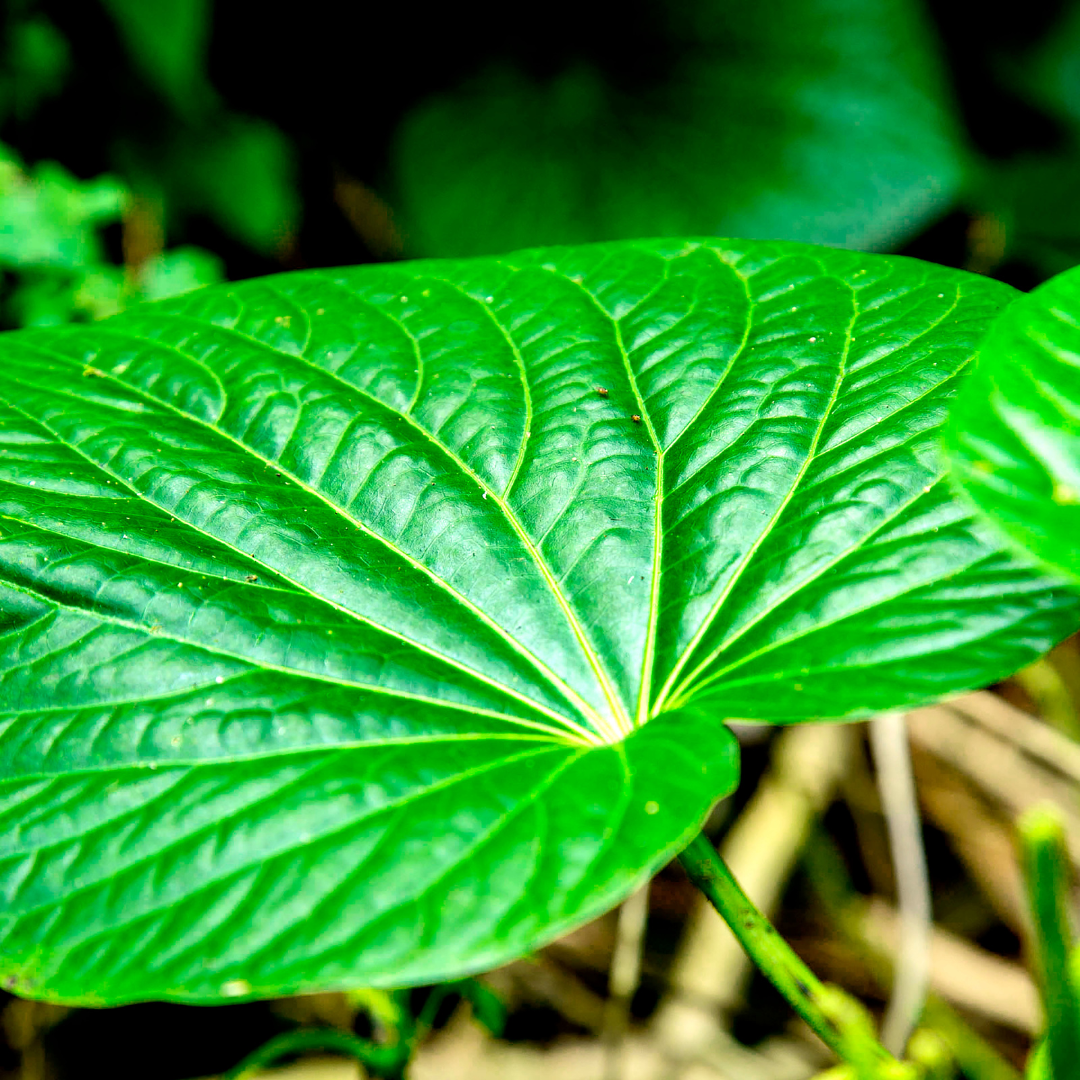
Kava root (Piper methysticum,)
kava kava
For centuries Pacific Islander's have used kava root and bark for ceramonial practices such as, connecting to The Divine, Their Creator.
Kava contains a constituent that acts as a local anesthetic, which may benefit people suffering from mouth pain, or conditions.
Kava may be an effective muscle relaxant. Kava showed to be appropriate for conditions with muscle spasms, and tension; especially in the shoulders and neck.
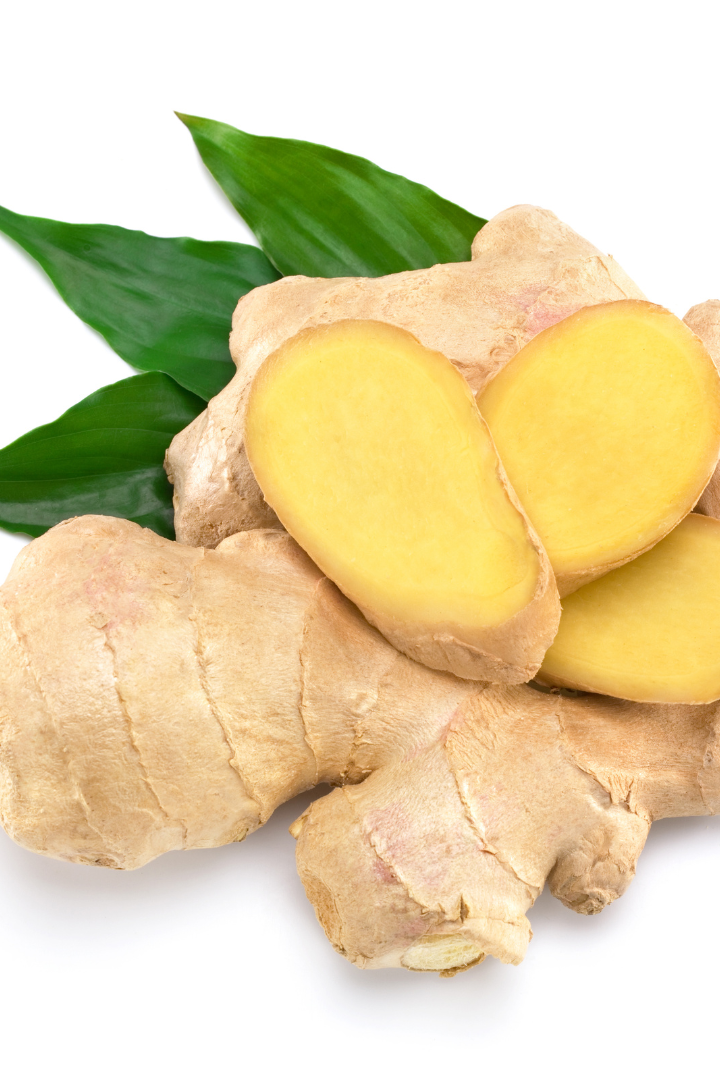
Ginger (Zingiber officinale,)
aromatic
Often used for its volatile oils in aromatherapy, or to flavor beverages, and preserve foods; yet ginger is often overlooked for its medicinal properties.
Ginger is well known for its ability to ease stomach discomfort, such as nausea, motionsickness, and in pregnancy.
In clinical studies ginger has shown its effective prophylactic against seasickness. In animal studies suggested that ginger may have hypoglycemic properties, which may benefit those suffering from high blood sugar. In human studies ginger demonstrates anti-inflammatory effects in arthritis and other rheumatic diseases.
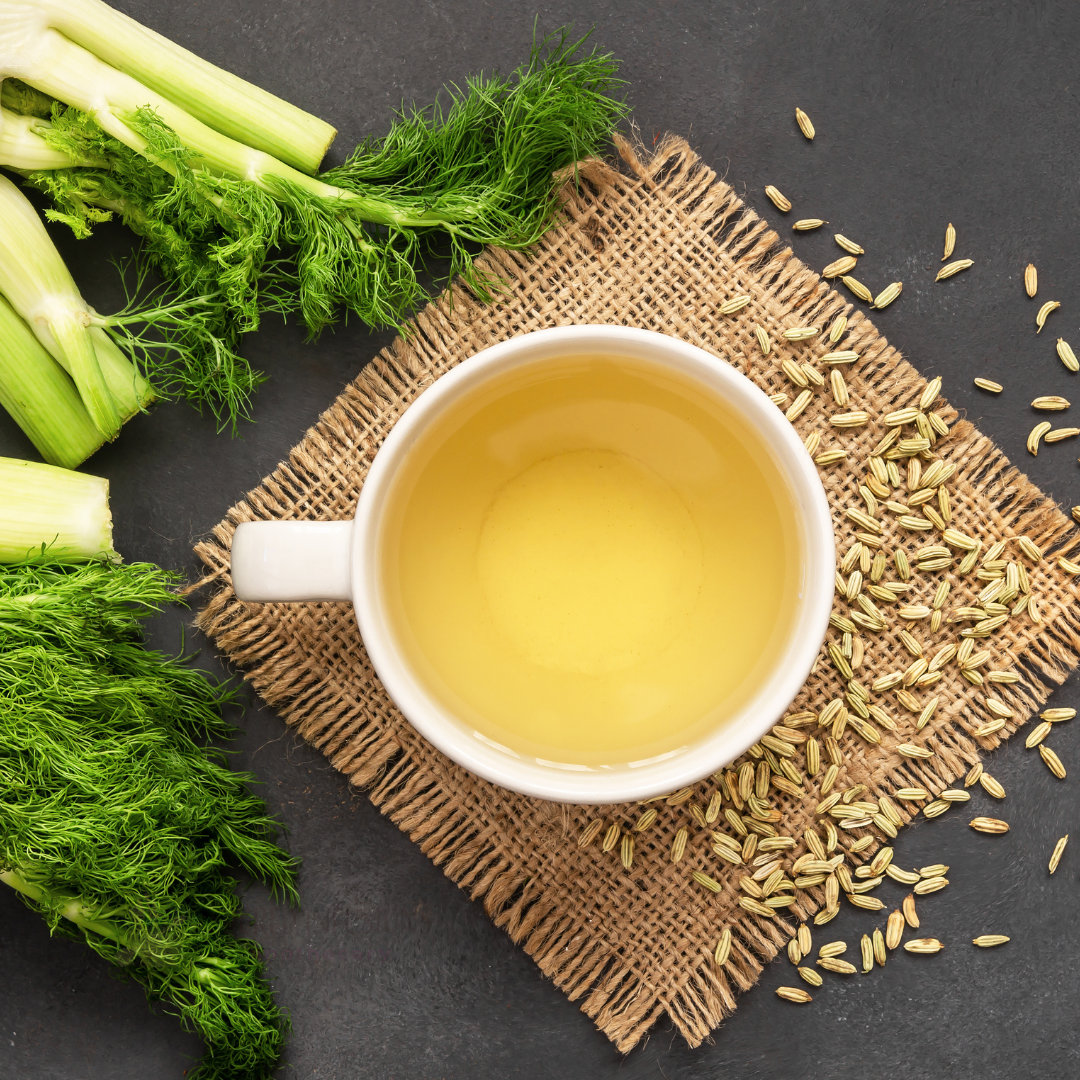
Fennel (Foeniculum vulgare)
the power house
Often used for its volatile oils in aromatherapy, or to flavor beverages, and preserve foods; yet ginger is often overlooked for its medicinal properties.
Ginger is well known for its ability to ease stomach discomfort, such as nausea, motionsickness, and in pregnancy.
In clinical studies ginger has shown its effective prophylactic against seasickness. In animal studies suggested that ginger may have hypoglycemic properties, which may benefit those suffering from high blood sugar. In human studies ginger demonstrates anti-inflammatory effects in arthritis and other rheumatic diseases.
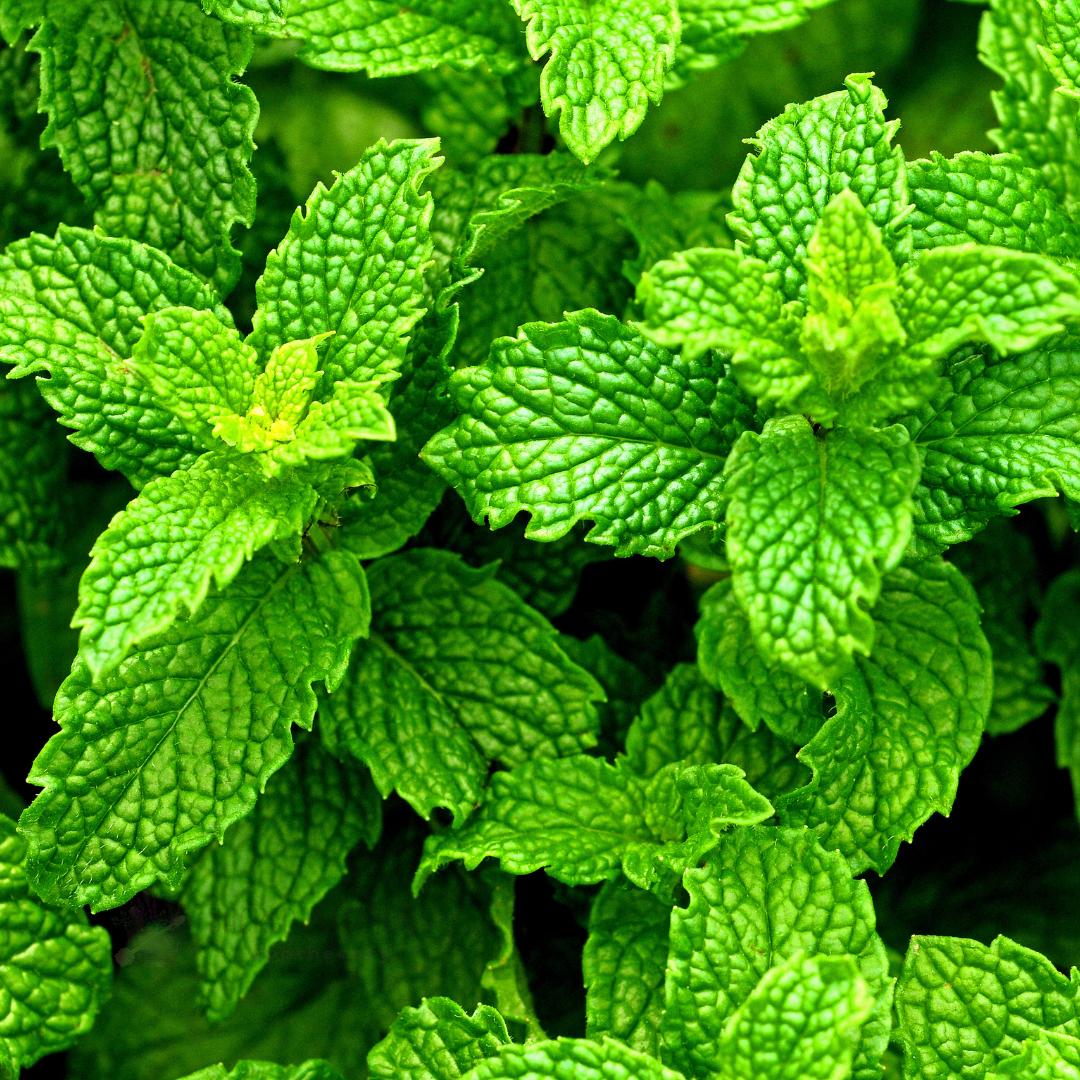
Peppermint (Mentha piperita,)
not just for flavor
Often used for its volatile oils in aromatherapy, or to flavor beverages and foods. Peppermint is often over looked for its benefits to the liver.
Peppermint has liver protecting and may be benefical to those suffering from NAFLD.
Peppermint oil has been shown to stimulate digestive bile, and promote healthy digestion. Which we now know, healthy digestion is a key aspect in maintaining a healthy and resilant immune system all year long.
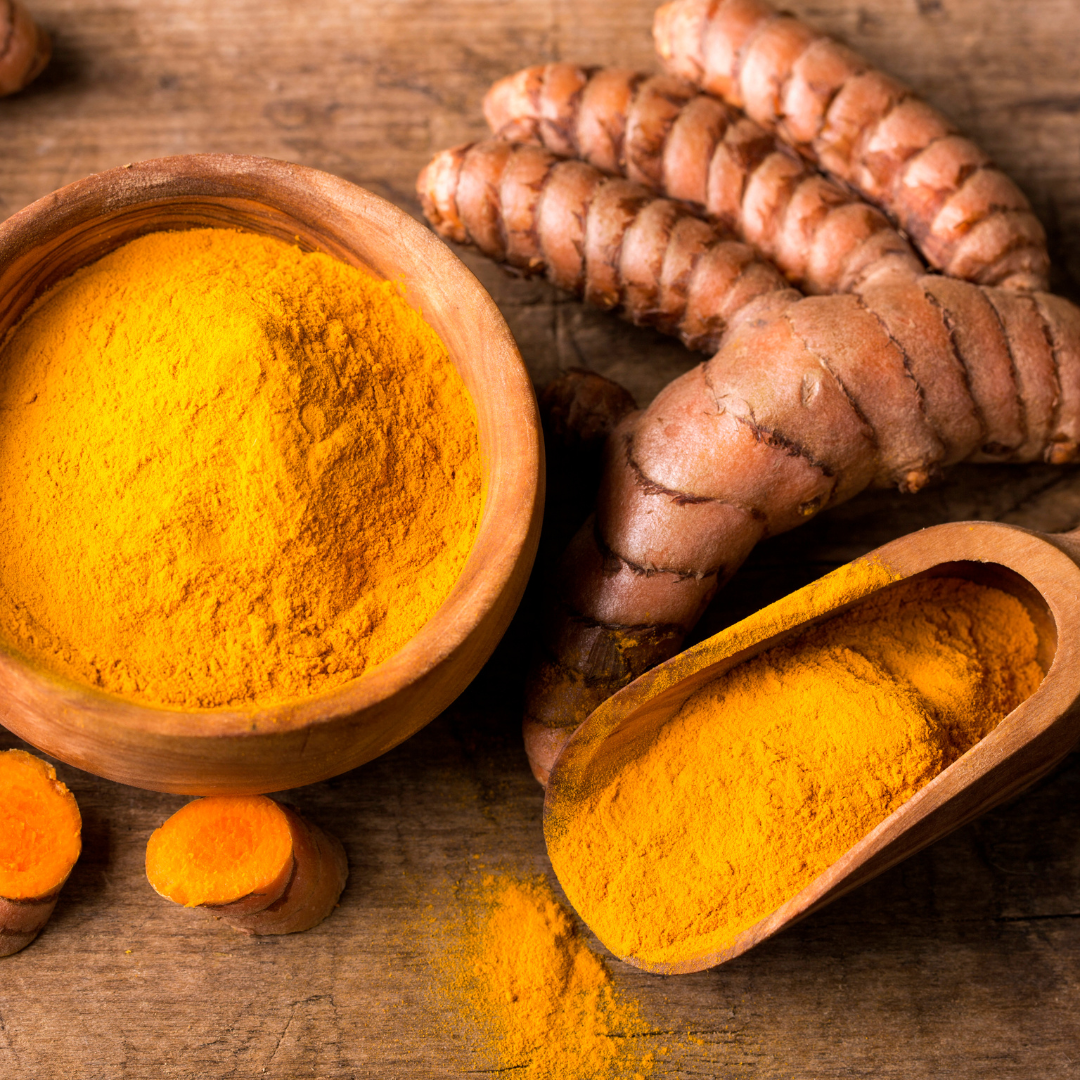
Turmeric (Curcuma longa,)
the golden spice
Our herbalist formulated our pain tincture at Sacred Infusions with tumeric, for it's rich, dense, and beautiful polyphenol content.
Loaded with curcumin that has been shown to have antiinflammatory actions.
Curcumin is the consitituent that is believed to not only block damaging cytokines, but curcumin seems to target specific molecules, or pathways that control the cell cycle; thus, promoting a healthy inflammation response.
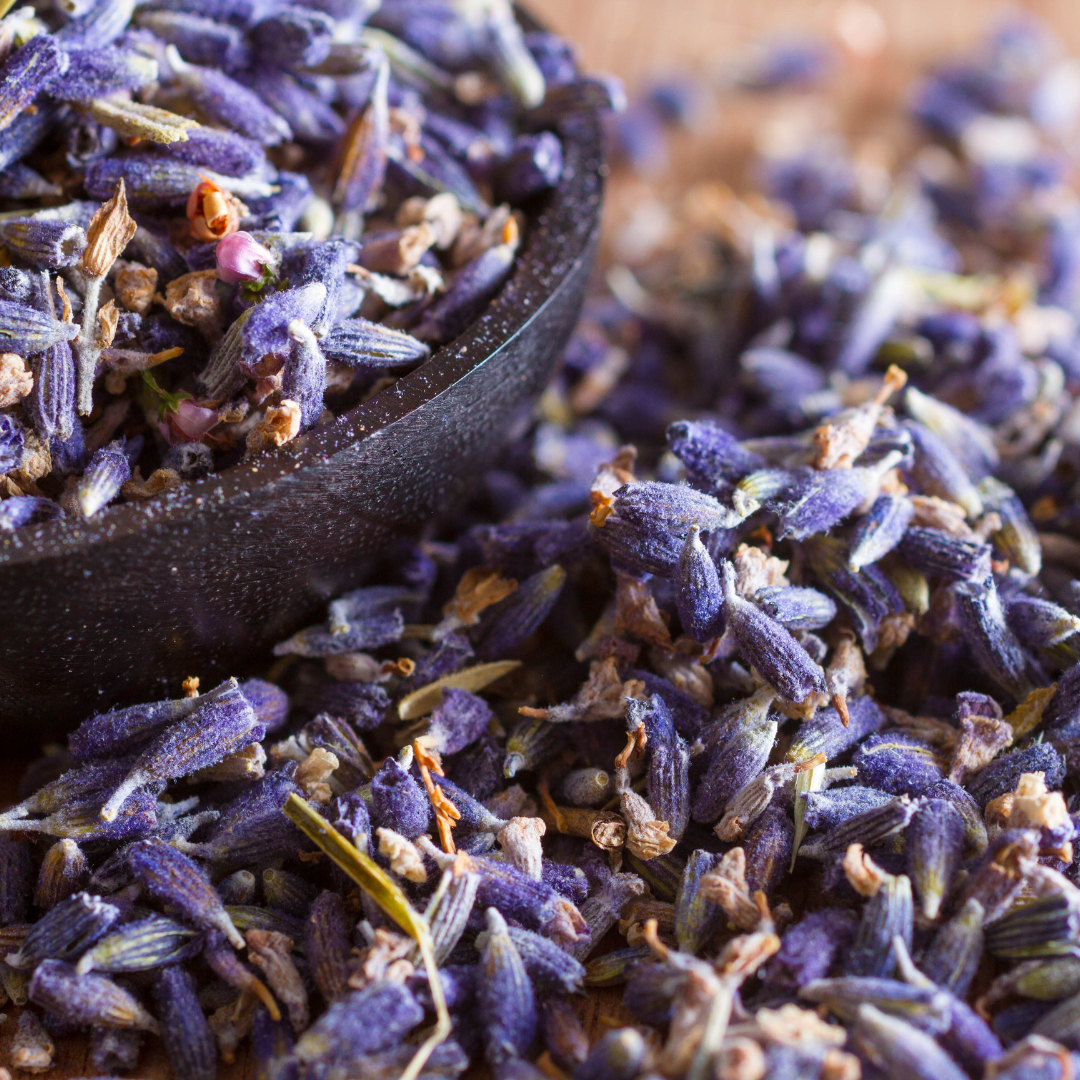
Lavender (Lavandula angustifolia)
calming
Used for centuries to soothe irritated inflammed tissues, ease stress and anxiety and promote relaxation.
Often over looked for its benefits on the digestive system, our herbalist formulated Nature's Aid Pain Tincture with lavender for it's astringent actions.
Lavender is slightly bitter in nature, it is also carminative and anti-inflammatory, in regards to the digestive system.
Herbalists reach for lavender to promote the health of the liver and stimulate digestive bile
Safe for ages 0-99. Lavender may be used in the treatment of intestinal gas, IBS, chrons, and nausea.
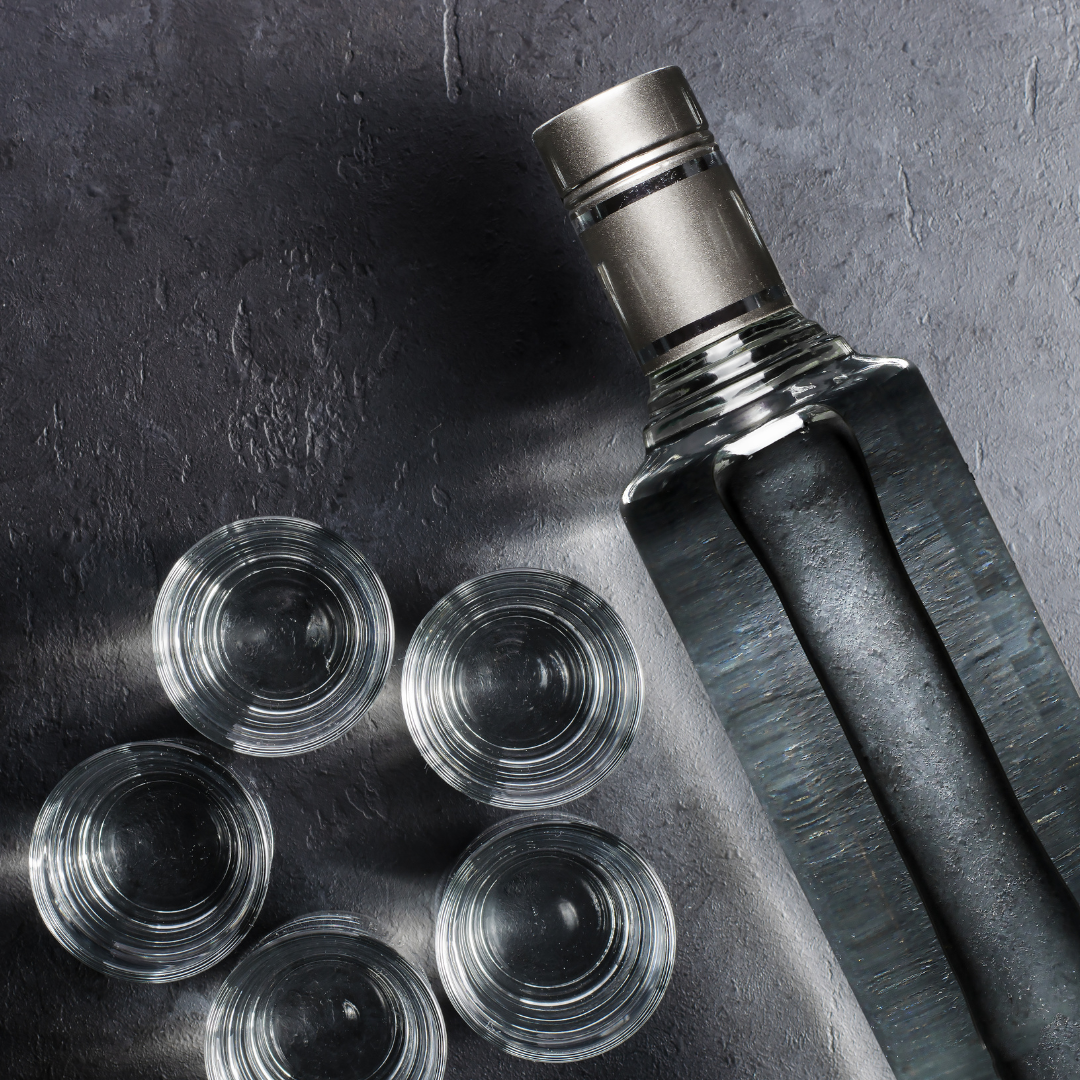
vodka
the solvent
We use six times distilled, organic, certified gluten free, potato Vodka as the solvent to extract the medicinal constituents from the herbs.
Vodka is often used in tincture making because it is tasteless, and contains no additional ingredients.
